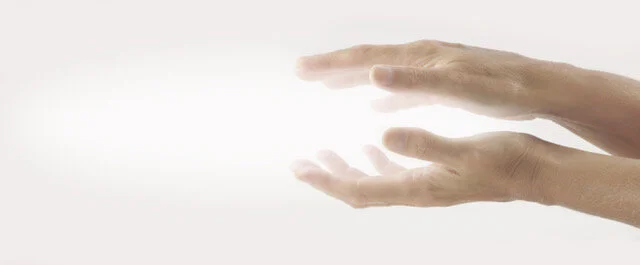My Start in Physical Therapy
A significant experience that remains meaningful to me and that helped shape me as a physical therapist happened while I was a student in physical therapy school.
During my second year, as we were practicing physical lab work, my old right shoulder injury became intensely aggravated. It impeded my participation and practice in lab courses, and I had no choice but to face surgery due to severe calcification and significant loss in range of motion. I aligned the surgery date with my winter break, thinking I would be ready to come back in time for the spring semester, as I was promised a safe procedure followed by a smooth and swift recovery.
A week after surgery I had a follow up visit with the surgeon, who was head of the orthopedic department at the University Medical Hospital where I attended school. He broke the grave news I wasn’t prepared to hear: “You will not be able to become a Physical Therapist,” he said, “as you will never regain enough strength and stamina to do the physical work required of a physical therapist. I was in complete shock. This was totally unexpected. I was so invested in my studies, both mentally and financially, as I approached my fourth semester in the 4-year program. I thought, I am only 22 years old, what am I supposed to do?
It was still semester break when I went back home and spoke to my family. Seeking their advice, I tried to figure out what to do; how to continue my life; what other options could I have. I couldn’t think of anything I could be as passionate about. I was confused and discouraged.
My decision to go back to school was primarily for two reasons. First, to have my physical rehabilitation for my shoulder by my professor. Second, to attend and participate in classes as much as I could despite my physical limitations. I would continue on along with my studies until I came up with a viable solution to my situation.
During that first post-surgery semester we started a course of “Patient Physical Examination.” I could neither write the class notes, nor participate in the actual practice and demonstrations. I did however participate verbally. I asked questions and made comments whenever I could. One day my teacher called me after the lesson to ask how I was doing, or so I thought. After a quick inquiry of my health and shoulder condition, she went on to say that my comments and questions during the past lesson were profound and showed a deeper understanding of the patient and role of the physical therapist than my peers exhibited. She continued by saying “you may not be valedictorian when you graduate, but you will be an excellent physical therapist if you choose to be. You have a deeper understanding of patients because of your personal experience.” I left the lab feeling better and with renewed belief that I could be a physical therapist after all.
This was the pivotal point in my recovery. For the first time I had no doubts. My path became clear. Despite the fact that I needed a second surgery almost a month after the conversation, this time I felt more prepared for what was to come and felt stronger for the foreknowledge. Being clear and focused allowed me to defy the odds.
With the help of my teachers who strengthened me, I was able to go through rehab and continue to study. With the help of my fellow students, I was able to complete all 13 exams that semester. All through that time the words of my teacher resonated, and without a shred of doubt I knew I had to finish the “race,” become a physical therapist. I knew I could use my own experience to help my patients overcome their own physical injuries with real empathy for what they were going through.
As a Manual Orthopedic Therapist, there was no greater satisfaction than to find this quote from a founding father of Orthopedic Manual Therapy, G.D Maitland, who said “Have a positive personal commitment to the patient. The sublimation of yourself and the positive personal commitment to understand what the patient is enduring. You must also understand the effects the disorder has on the patient.” For the past 30 years, this is how I’ve lived my life both personally and professionally.

